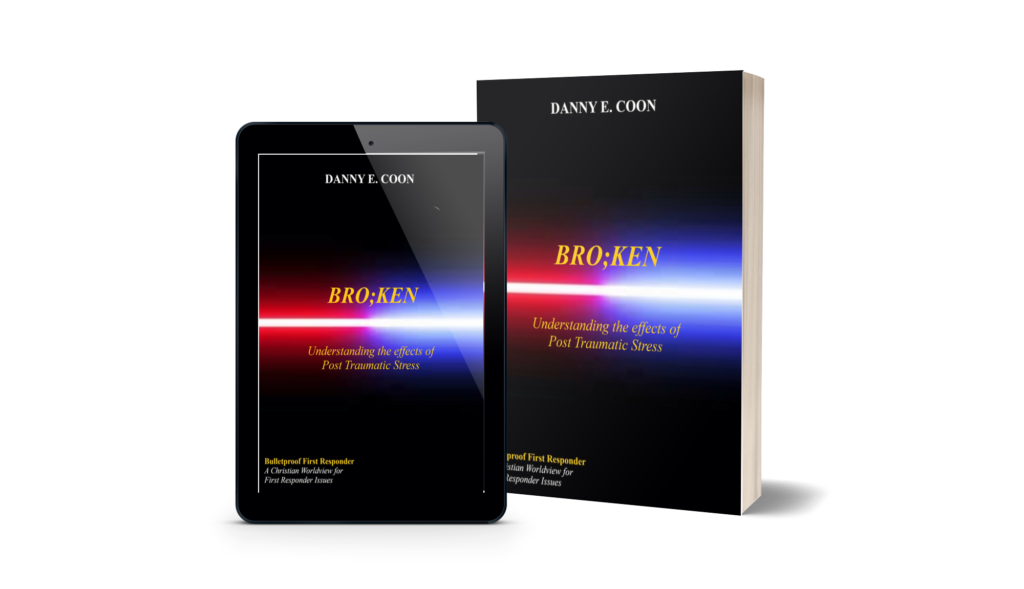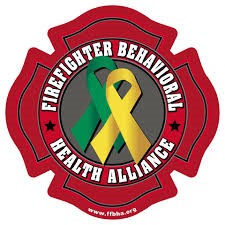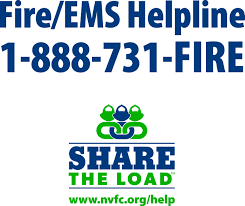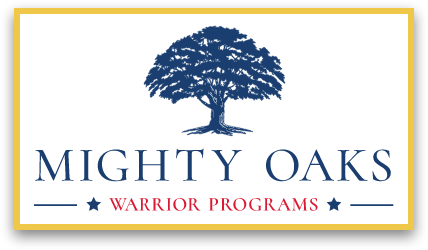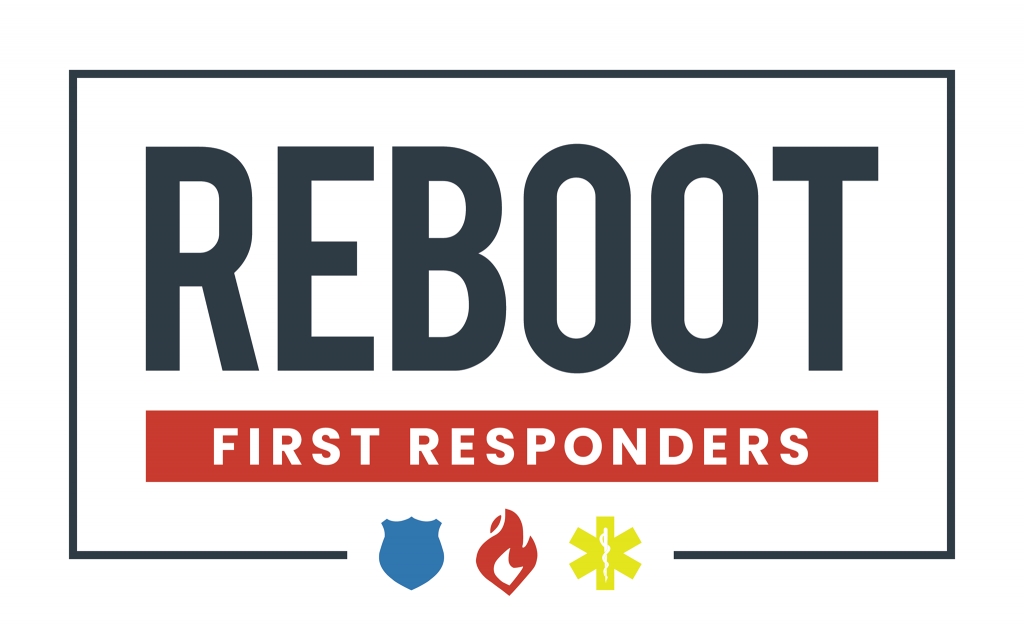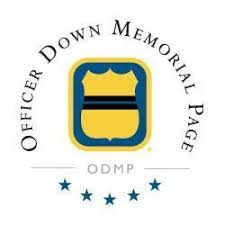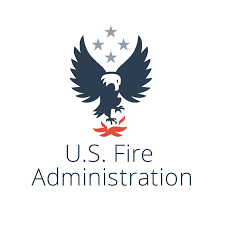
Separating Work from Life
The Importance of Balancing Your Personal and Professional Life
“Fools fold their idle hands, leading them to ruin.” And yet, “Better to have one handful with quietness than two handfuls with hard work and chasing the wind.”
Ecclesiastes 4:5-6 NLT
It’s always challenging to balance our personal and professional lives. We work in a professional environment where we are expected to do more with less. We are expected to work those extra overtime shifts, stay late after our shift is over, or answer that telephone at 3 AM because our boss has questions. We are overwhelmed by work to the extent that life consists of an unidentifiable jumble of exhaustion, anxiety, loneliness, dissatisfaction, and cynicism! Living in the all-work, no-play bubble leaves us emotionally wearied, physically drained, and helpless, leading to additional stress and burnout.
The work-life balance is typically defined as the amount of time you spend doing your job versus the amount of time you spend with loved ones or pursuing personal interests and hobbies.[1] Also called work-life integration, it is the seamless integration of our professional and personal responsibilities. The more time we spend at work or on work-related projects at home, the less time we have to spend with our family or taking care of other obligations.
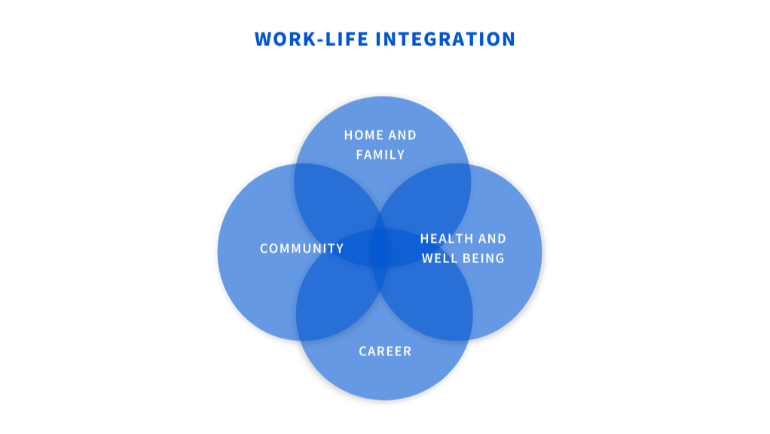 Being an individual perception, the work-life construct is what you feel when your activities work harmoniously. It is incredibly challenging, especially in a first responder’s high-pressure environment.
Being an individual perception, the work-life construct is what you feel when your activities work harmoniously. It is incredibly challenging, especially in a first responder’s high-pressure environment.
In the post-COVID-19 era, agencies are having difficulty hiring recruits. Because of civil unrest and the emergence of the BLM movement, many police departments are losing officers in droves due to unsafe working conditions, poor leadership, stress, depression, burnout, and a low quality of life. This leads to forced overtime, causing more time away from home and family. Studies have shown that chronic sleep deprivation is a leading indicator of suicidal ideation.
As first responders, we see things the public may never experience. Daily, we see the worst of society—death, carnage, abuse, etc. Our jobs can easily consume us, harming our friendships, family time, relationships, and established interests and activities. Many of us hang out with our own or with others who can relate to our strange behavior, like joking about the tragedies we see. Sadly, we let our professional lives become our identity.
The stressors of the job or workplace may affect your life in various ways. Several physiological and psychological symptoms may develop, affecting overall quality of life. When we improve our work-life balance, we strengthen our mental, emotional, and physical well-being. According to an article in the Harvard Business Review, there have been numerous studies showing that consistently working long hours without proper rest may lead to serious health issues such as “impaired sleep, depression, heavy drinking, diabetes, impaired memory, and heart disease”[2] Unfortunately, when these circumstances develop, they may also make our work-life conflicts worse, which can have detrimental effects such as burnout. We need to lower work-related stress and develop a consistent, long-term work schedule that protects our health and well-being.
Work willingly at whatever you do,
as though you were working for the Lord rather than for people.
Colossians 3:23 NLT
Burnout may show up physically as headaches, high blood pressure, discomfort in the stomach, and persistent illnesses. Mental components of burnout can include depression, sleeplessness, apathy, fatigue, or a progressively cynical attitude toward life in general.
How do you improve your work-life balance?
You need to take a step back to see how different aspects of your life influence each other. This is essential to creating a new work-life balance that works for you. Take a moment to reflect on your current work-life balance and evaluate your feelings. You need to ask yourselves:
- In what ways does my work improve the lives of others?
- Why did I get into this profession?
- Do I get to spend enough time doing the things I genuinely want to do?
- How can my daily activities take on greater significance?
- Are my professional and personal plans still consistent with who I am?
- Do I devote enough time and effort to the important people and things?
You have to evaluate your priorities to figure out what matters most. This will help you learn how to manage your time better. This may mean establishing boundaries to minimize overtime shifts or staying late to complete a project. Assess how you currently spend your time, and if possible, try to make schedule adjustments. When new tasks unexpectedly come up, you can use a matrix system to prioritize them, allowing you to focus on one area at a time.
You need to take care of your body. Exercise, a healthy diet, and quality sleep allow your body to rejuvenate. Build social relationships with those not in the first responder professions. This places social balance in your life. Stay connected with family and friends. After retirement, your colleagues drift away; then, it will only be family and friends.
Go outside and spend time with your family on shared activities. Reconnect with hobbies you shelved because of the job. Go boating, camping, fishing, hiking, or hunting.
Get help when needed. Talk to people like family members, a psychologist, peers, command staff, chaplains, and others you feel comfortable trusting. Never forget that you have support.
In Ecclesiastes 4:56, King Solomon writes, “Fools fold their idle hands, leading them to ruin.” And yet, “Better to have one handful with quietness than two handfuls with hard work and chasing the wind.” Meaning that the first fool does nothing while the second fool overdoes it. He is telling us of our battle between work and life. This is a battle over being a workaholic or being lazy. While we endeavor for work success, we need to take time to enjoy life’s pleasures; we need to seek balance.
Don’t wear yourself out trying to get rich.
Be wise enough to know when to quit.
(Proverbs 23:4, NLT)
IF YOU HAVE THOUGHTS OF SUICIDE, GET HELP NOW
Law Enforcement Copline (800) 267-5463
Firefighters / Medics Fire/EMS HELPLINE (800) 731-FIRE (3473)
-
Cambridge Dictionary. “Work-life balance, https://dictionary.cambridge.org/us/dictionary/english/work-life-balance.” Accessed 12/25/2023. ↑
-
Harvard Business Review. “The Research is Clear: Long Hours Backfire for People and Companies, https://hbr.org/2015/08/the-research-is-clear-long-hours-backfire-for-people-and-for-companies.” Accessed 12/26/2023. ↑

